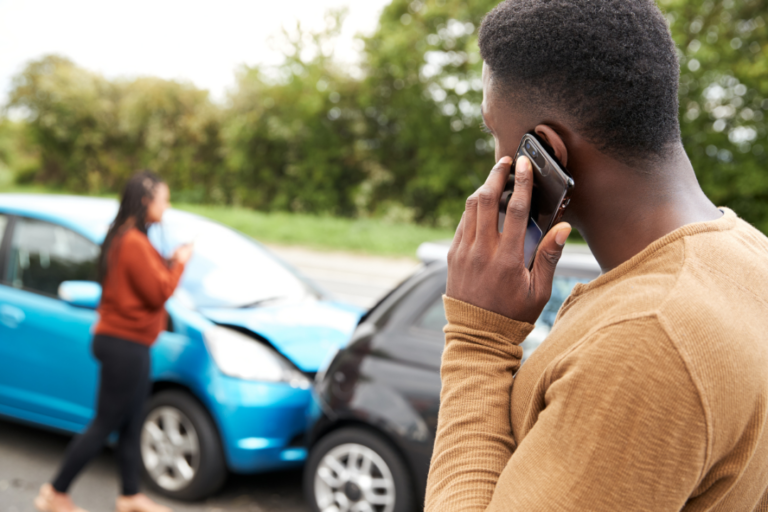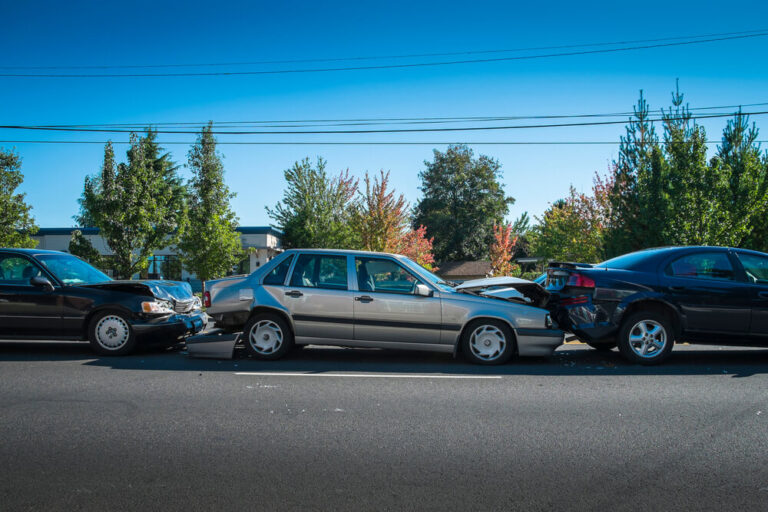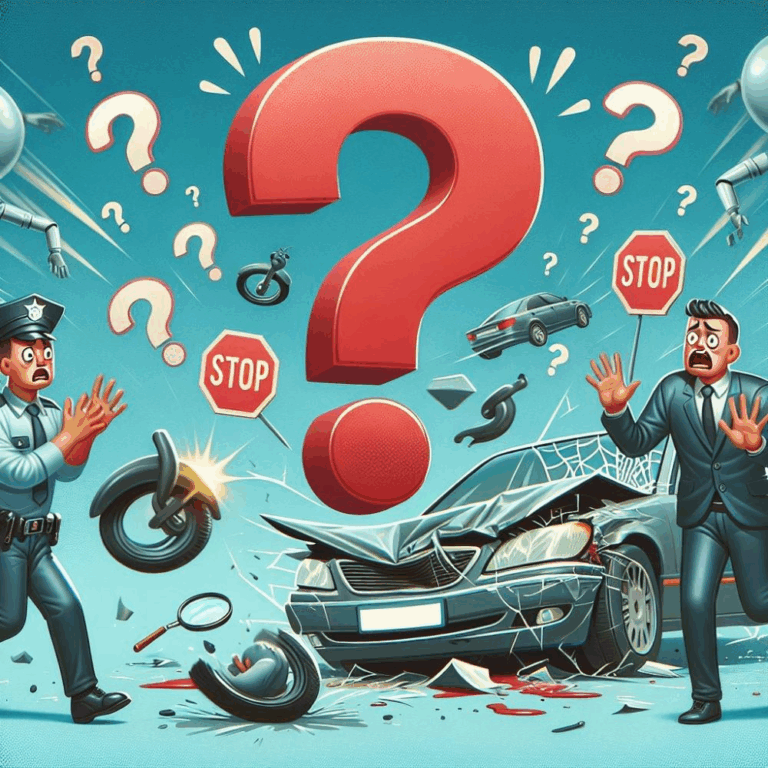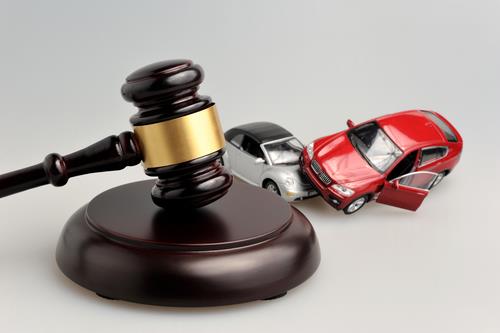The Wreck Wasn’t Your Fault—But Your Medical Bills Say Otherwise: What Now?

When You’re the Victim but Still Left Holding the Bill in Georgia
You followed the rules. You were driving safely. Someone else caused the crash. But weeks later, you’re staring at a pile of medical bills, collection notices, and insurance delays. Sound familiar? In Georgia, even if a car accident wasn’t your fault, getting your medical expenses covered can be surprisingly difficult.
So, what do you do when you’re injured, broke, and out of options? This guide walks you through your legal rights, insurance options, and next steps for recovering fair compensation.

Step 1: Don’t Assume the Other Driver Will Automatically Pay
Georgia uses a fault-based insurance system, meaning the at-fault party is legally responsible for paying damages. But that doesn’t mean they (or their insurer) will pay quickly or fairly.
Common roadblocks include:
- The at-fault driver denies liability
- The insurance company offers a lowball settlement
- There’s a dispute over how injured you actually are
- Medical treatment is considered “unnecessary” or “not related” to the accident
Tip: Never rely on the at-fault driver’s insurance to cover your medical bills up front. They only pay after settlement — which could take months or even years.
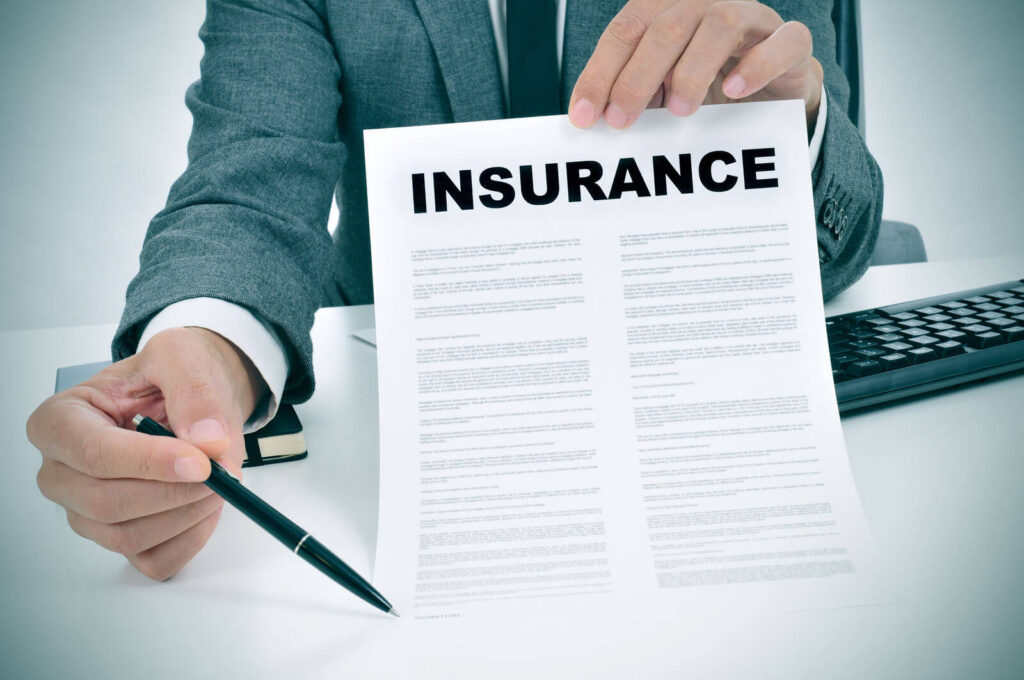
Step 2: Use Your Own Insurance Coverage First (If You Have It)
Even if you weren’t at fault, your own insurance may help pay your bills until you recover compensation from the other party. Here are some options:
1. MedPay (Medical Payments Coverage)
- Optional in Georgia but extremely helpful
- Covers medical expenses regardless of fault
- Can be used for ER visits, ambulance bills, X-rays, and more
2. Health Insurance
- Your private or employer-provided health insurance can cover treatments now, while you pursue your car accident claim
- Be prepared for your health insurer to request reimbursement later (called subrogation)
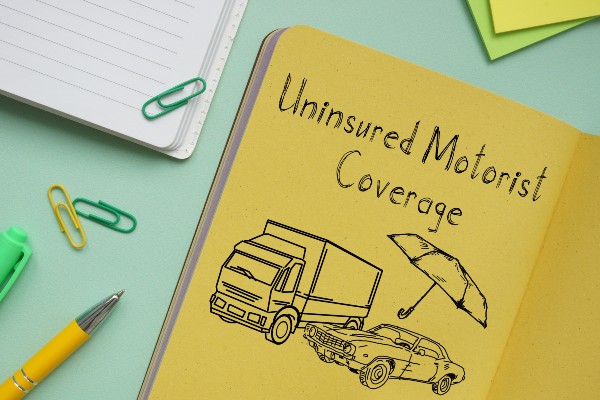
3. Uninsured/Underinsured Motorist Coverage (UM/UIM)
- If the at-fault driver is uninsured or underinsured, your UM/UIM policy can help cover medical costs
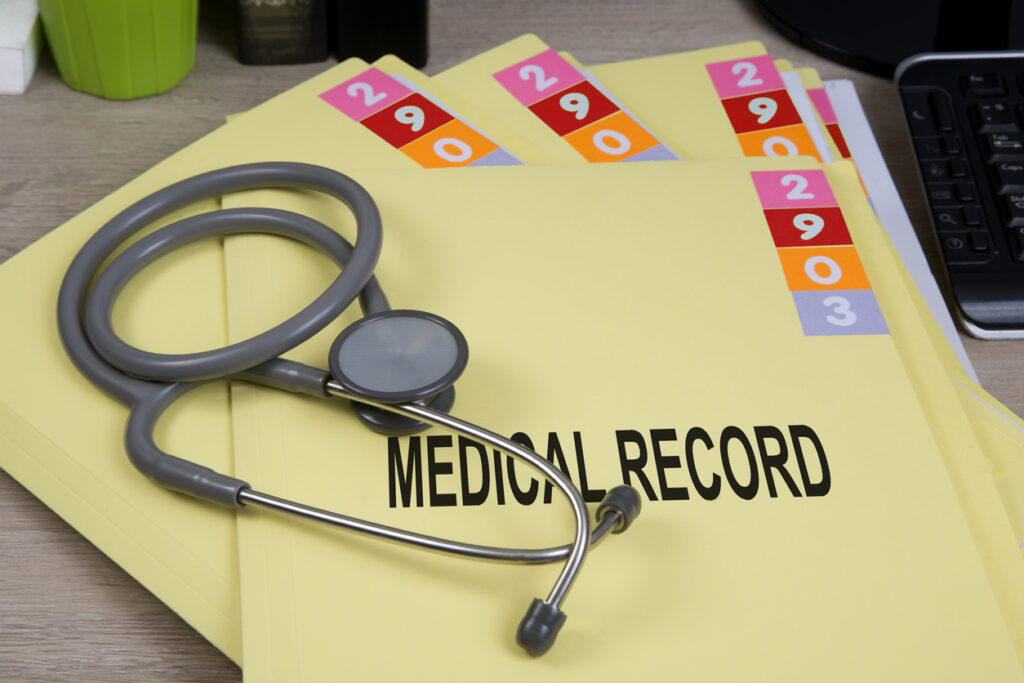
Step 3: Keep Detailed Medical Records
Insurance companies look for any reason to downplay or deny your injuries. That’s why documentation is key:
- Save all ER bills, prescriptions, scans, and doctor notes
- Track mileage to appointments and missed work days
- Keep a journal of your symptoms, pain levels, and emotional impact
The more evidence you have, the harder it is for the insurer to say, “It wasn’t that serious.”
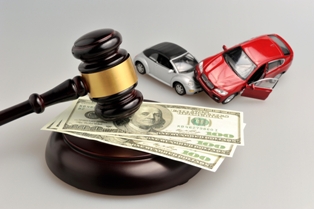
Step 4: Don’t Accept the First Settlement Offer
Insurance companies often offer quick, low settlements in hopes you’ll accept out of desperation. But those offers rarely reflect your long-term medical costs.
You deserve compensation for:
- Current and future medical expenses
- Physical therapy or surgeries
- Lost wages
- Pain and suffering
- Emotional distress
Once you accept a settlement, you can’t go back and ask for more — even if new medical problems arise.
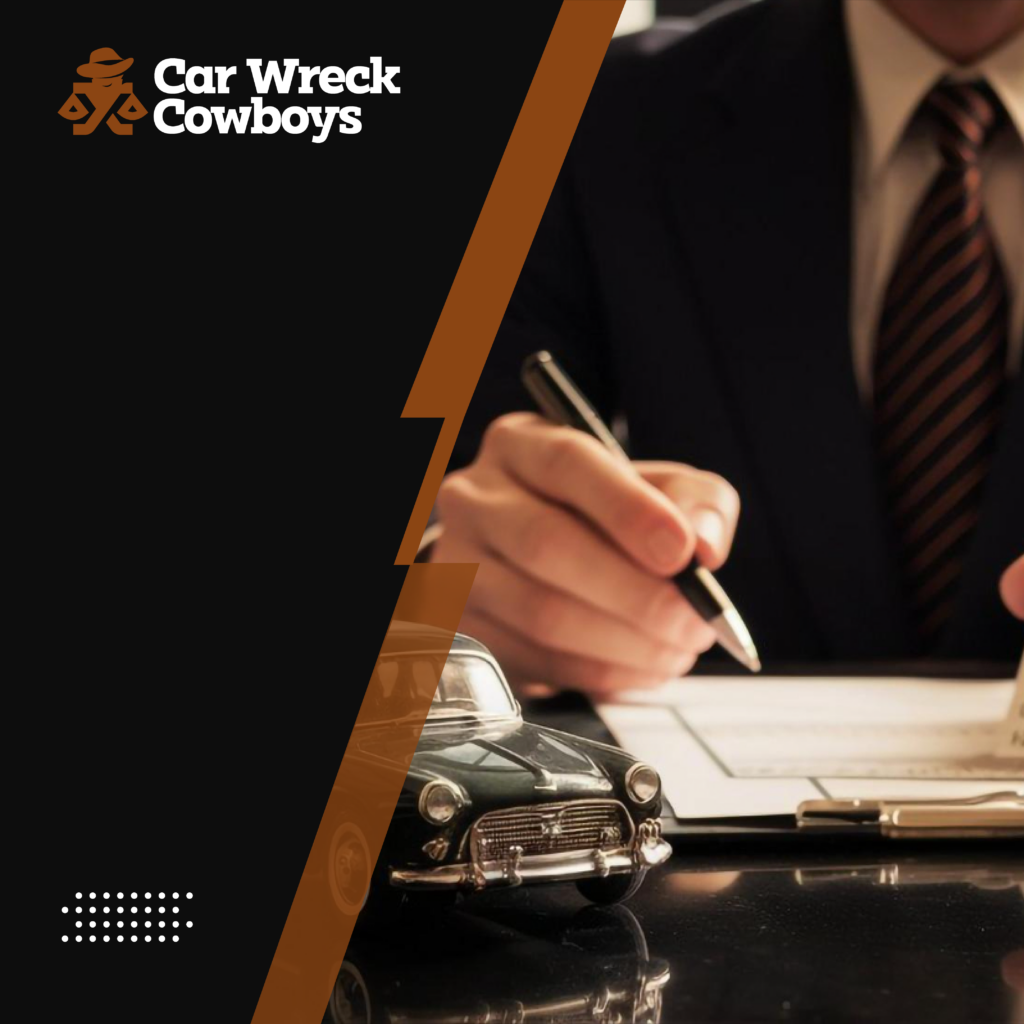
Step 5: Get Legal Help Before the Bills Bury You
Trying to handle a complex accident claim alone is a gamble you can’t afford. Car Wreck Cowboys can:
- Calculate the true value of your medical damages
- Negotiate with the insurance company for a full settlement
- Prove liability and causation to fight claim denials
- Work with doctors to delay billing until the case settles
In many cases, we work on a contingency fee, meaning you don’t pay unless you win.

Final Thoughts
You didn’t cause the crash. But that doesn’t mean the system will protect you. If your medical bills are piling up and the other driver’s insurance is slow to pay or outright denying fault, you need to take action now.
Don’t wait. Fight for the compensation you deserve.
Need Help With Medical Bills After a Georgia Car Accident?
At Car Wreck Cowboys, we specialize in helping injured victims get full compensation — even when the other side tries to dodge responsibility. Contact us today for a free consultation, and let us fight to get your bills paid and your life back on track.


